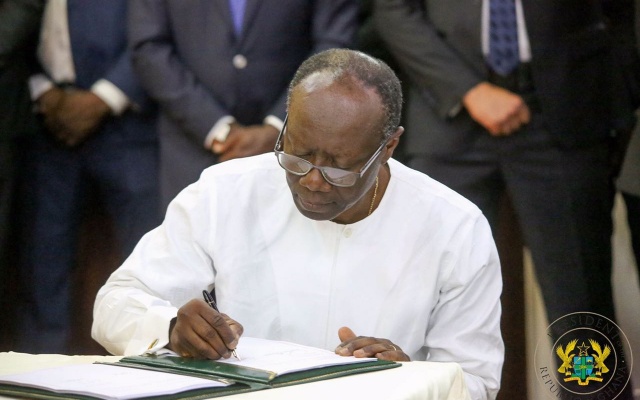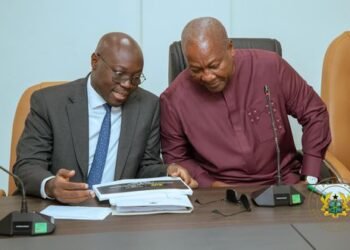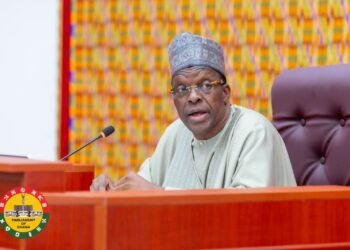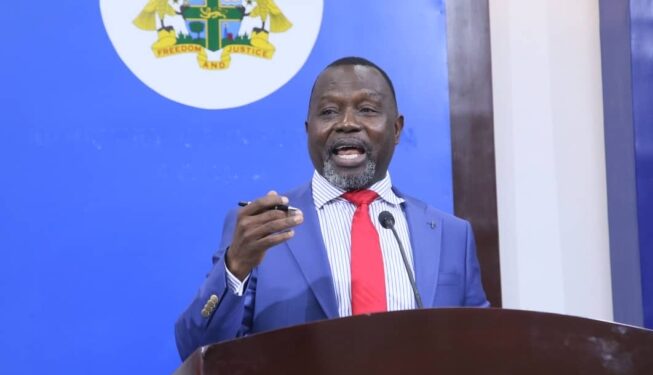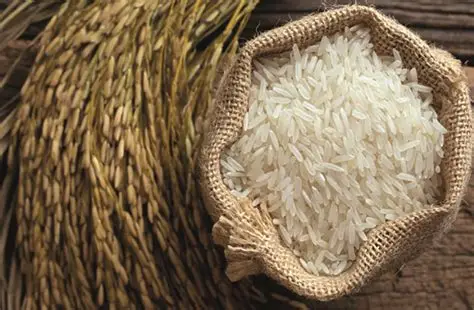Payment of wages and salaries continue to weigh heavily on government’s revenue, as the government disbursed 50.1 percent (GHS6.5 bn out of GHS12.8 bn) of total revenue generated (including domestic revenue and grants) in the first quarter of 2021.
This represents a 13.8 percent increase in wages and salaries paid compared with 2020 figures during the same period. That said, the government has spent about 25.2 percent of its budgeted expenditure on total wages and salaries projected at GHS 25.8 billion for 2021.
According to Bank of Ghana data, the bulk of amount disbursed to and on behalf of government-employed workers, captured as employee compensations (including pensions, gratuities, social security) made up 58.1 percent of total revenue within the same period.
As such, if this trend continues then quite obviously, that should explain the reason for government’s increased appetite for borrowing. Thus, within the quarter, government only finds little room to finance capital expenditure.
In the history of the country, this partly explains the real difficulty that governments have faced in closing the budget deficit, thereby resorting to excessive borrowing.
Considering the foregoing, this calls for a substantial consideration for a national dialogue on the issue. But for the political innuendos attached, such conversations will not receive the much needed attention.
For instance, the government is cash-strapped in employing the masses of youth, as it has gone deeper into debt. Unemployment levels are on the ascendancy, worsened by the Covid-19 pandemic.
Moreover, another case in point is that, after four years of implementing the Nations Builders Corps (NABCO), an initiative that the government touted to address graduate unemployment, it is yet to come out to give a blueprint for continuity or discontinuity thereof. As it stands now, to talk about the programme’s performance only ends up in hazy conclusions.
Quite interestingly, after so many years of being operational, not even one public institution, be it at the Local government level (MMDAs, DCEs, etc.), and other institutions such as ECG are in shape to raise funds to cater for the wages and salaries of their own workers, not even to mention their own projects. The norm has been that everything has to come from the central government’s purse.
For some government institutions, even as basic as cleaning of gutters, funds must come from the government to undertake such activities. Isn’t this worrying?
This model that successive governments have allowed to function is only haunting the economy. Concerns are that government’s employment are done on purely political grounds as against the employment of experts.
After 64 years of independence, the country and its populace should be narrating a different story and be charging themselves to change the status quo and curb this vicious cycle.
Furthermore, it is disheartening to indicate that while the government is the largest employer in the country, it is on ‘life support’, as the government’s debt stock is accumulating rather rapidly. Considering the current state of affairs, the country may be soon borrowing to pay wages and salaries, although far-fetched, it is not impossible.
In addition, pertaining to interest payments due on debts accumulated, the BoG data indicates that the government expended 65 percent of total revenue obtained in Q1 2021 for interest payments. This represents GHS8.3 billion in both domestic and external interest payments.
Given the aforementioned, is borrowing the optimal choice for the government in tackling these recurrent expenditure? Obviously, the public seem to have had enough, bearing the consequences of excessive borrowing in increased taxes.
Thus, the government should empower public institutions to be able to cater for their own affairs, just as has been done for State Transport Corporation (STC). This is to help the government cater extensively on capital expenditure to fuel the growth of the economy more rapidly.
READ ALSO: Quality hasn’t been compromised- Ntim Fordjour on Free Education



